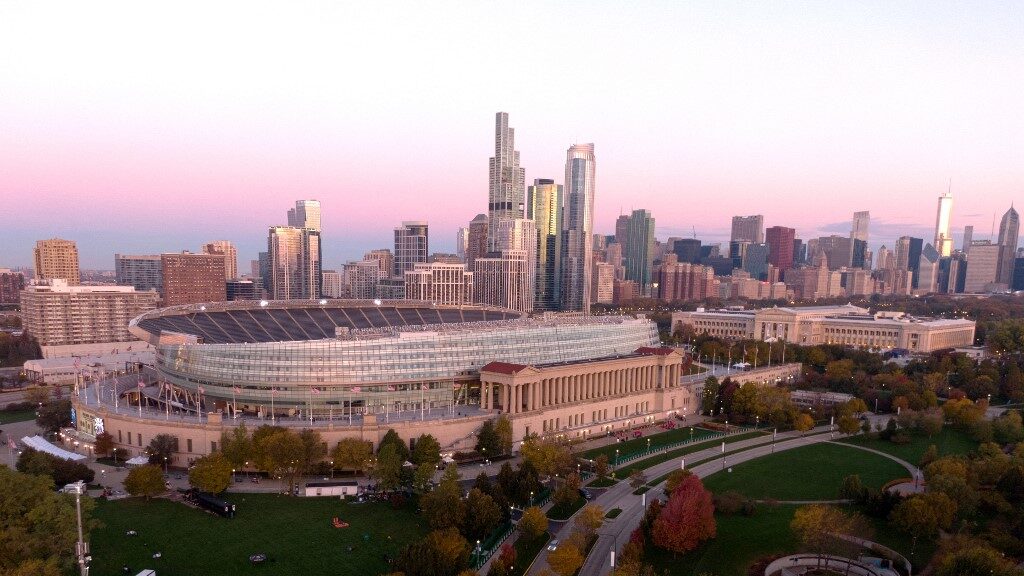
The Prairie State is known for being home to the “Windy City”, but its Governor hopes to increase the tax on sports betting will create a bigger windfall in Illinois.
Let’s explore the key factors driving this tax hike and how it could impact the online sportsbooks industry.
Betting on the Budget
Governor JB Pritzker proposed increasing the Illinois sports betting tax rate to 35% as part of his budget plan.
That’s more than double the current tax rate of 15%. He says the increase is needed to address the state’s growing expenses.
Pritzker revealed his $52.7 billion budget proposal for 2025 at a press conference last week. The plan also extends a limit on corporate tax deductions, which could help flip a $700 million deficit into a surplus of $128 million.
All in all, the sports betting tax increase could generate as much as $200 million in revenue for the state.
“I wish we had big surpluses to work with this year to take on every one of the very real challenges we face,” Pritzker said. “It’s important to note that while this budget is tight this year, our fiscal house is in order, and we are able to keep our commitments to the people of Illinois.”
35% Sports Betting Tax Rate Still Not the Biggest
Pritzker has always been a big supporter of sports betting in Illinois.
He legalized it in 2019 as part of a comprehensive bill to expand gaming. He also spearheaded the launch of online sports betting in Illinois amidst the COVID-19 pandemic.
Illinois quickly became one of the top three gambling markets in the nation, joining New York and New Jersey.
Last year, the state collected more than $150 million in sports betting tax revenue. These taxes were paid by eight online sportsbooks and 11 physical sportsbooks.
If Illinois raised its tax rate to 35% tax rate on sports betting, it wouldn’t be the highest in the country. New York’s 51% tax rate is the biggest in the U.S., followed by New Hampshire (51%) and Pennsylvania (36%).
Ohio Also Doubled the Sports Betting Tax Rate
Pritzker is not the first Governor to talk about a tax increase on sports betting. When Ohio launched sports betting in 2021, it was taxed at 10%. Yet, lawmakers decided to double the tax to 20%. Ohio Gov. Mike DeWine agreed with this change and signed it into law in July 2023.
Who Might Get Hurt the Most by Tax Increase?
We’ll have to wait and see if the legislature approves the budget with the increase in taxes on sports betting.
If they do, sportsbook operators might need to change how they do things in the state to remain profitable.
Betway, a global sports betting brand, withdrew its application for a standalone mobile license in October, citing regulatory uncertainty. A higher tax rate could discourage other potential operators from entering the Illinois market, especially smaller or newer ones that lack the resources and customer base of established operators.
The outcome of the budget debate could have far-reaching implications for the future of online sports betting in Illinois. While the state government may benefit from increased tax revenue in the short term, it may also risk losing some of the benefits that a healthy and competitive sports betting industry can bring.
Time will tell, but it is clear that the stakes are high for both the state and the industry.













